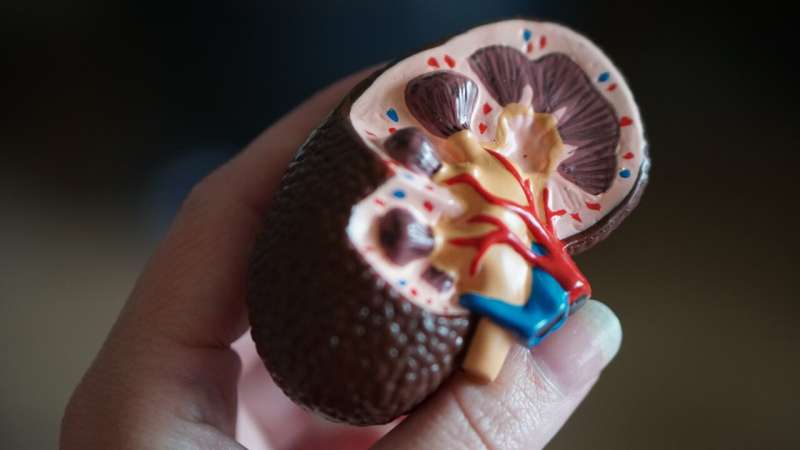Scientists Achieve First CRISPR Activation Therapy for Cardiac Disease in Mouse Model

Researchers have successfully utilized CRISPR activation technology to reverse genetic heart disease in mice, opening new therapeutic possibilities for inherited cardiac conditions.
In a groundbreaking advancement, researchers from the Centro Nacional de Investigaciones Cardiovasculares (CNIC) along with collaborators from Hospital Universitario Puerta de Hierro and the University of California San Diego have demonstrated the potential of using CRISPR activation (CRISPRa) technology to treat genetic heart conditions in vivo. This pioneering study, published in the European Heart Journal and showcased at the European Society of Cardiology Congress in Madrid, marks a significant step toward targeted genetic therapies for cardiac diseases.
The team focused on a mouse model engineered to carry a truncating mutation in the filamin C gene (FLNC), which is a common cause of inherited cardiomyopathies like dilated and left ventricular non-dilated cardiomyopathy. These conditions are associated with serious arrhythmias and sudden cardiac death, yet current treatment options remain limited to managing symptoms rather than correcting the genetic defect.
By designing a CRISPRa-based gene-activating system encapsulated within a cardiotropic adeno-associated virus (AAVMYO), the scientists aimed to increase the expression of the FLNC gene. Unlike traditional CRISPR-Cas9 gene editing, which cuts DNA, this system activates the gene without introducing breaks. When administered to adult mutant mice, the therapy successfully normalized FLNC RNA and protein levels, restoring proper electrical function of the heart as evidenced by electrocardiogram improvements and the elimination of arrhythmias induced by flecainide.
Dr. Rodrigo Cañas Álvaro, the study’s first author, explained that this approach demonstrates the potential of CRISPRa to reverse disease manifestations even after their onset, offering a promising therapeutic avenue for hereditary cardiomyopathies. Furthermore, Dr. Pablo Garcia-Pavía highlighted its broader implications, suggesting that CRISPRa-AAV therapies could be applied to other cardiac disorders characterized by insufficient production of vital proteins that are undruggable by conventional methods.
This innovative research lays the groundwork for developing precise, gene-specific treatments for inherited cardiac diseases, potentially reducing dependence on life-long symptom management and device implantation. It signifies a major step forward in personalized cardiac medicine, providing hope for future clinical applications.
Stay Updated with Mia's Feed
Get the latest health & wellness insights delivered straight to your inbox.
Related Articles
Impact of APOE Protein Variants on Microglia Function in Alzheimer's Disease
A groundbreaking study uncovers how different APOE protein variants influence microglial functions, affecting Alzheimer's disease progression and offering new targets for personalized therapies.
Advances in Medical Physics for Diagnostic Radiology and Procedures in the Asia-Pacific Region
A comprehensive study examines the current status and challenges of medical physics in diagnostic radiology across the Asia-Pacific region, highlighting opportunities for professional development and improved healthcare safety.
Gut Bacterial Molecule Promotes Kidney Fibrosis in Diabetes
New research reveals that a molecule produced by gut bacteria, corisin, plays a crucial role in promoting kidney fibrosis in diabetic patients. Blocking corisin could offer a novel approach to prevent kidney failure.
The Need for Standardized Guidelines in Dialysis Initiation During Pregnancy
A recent study calls for standardized guidelines for initiating dialysis during pregnancy to improve maternal and fetal outcomes in women with advanced CKD.



